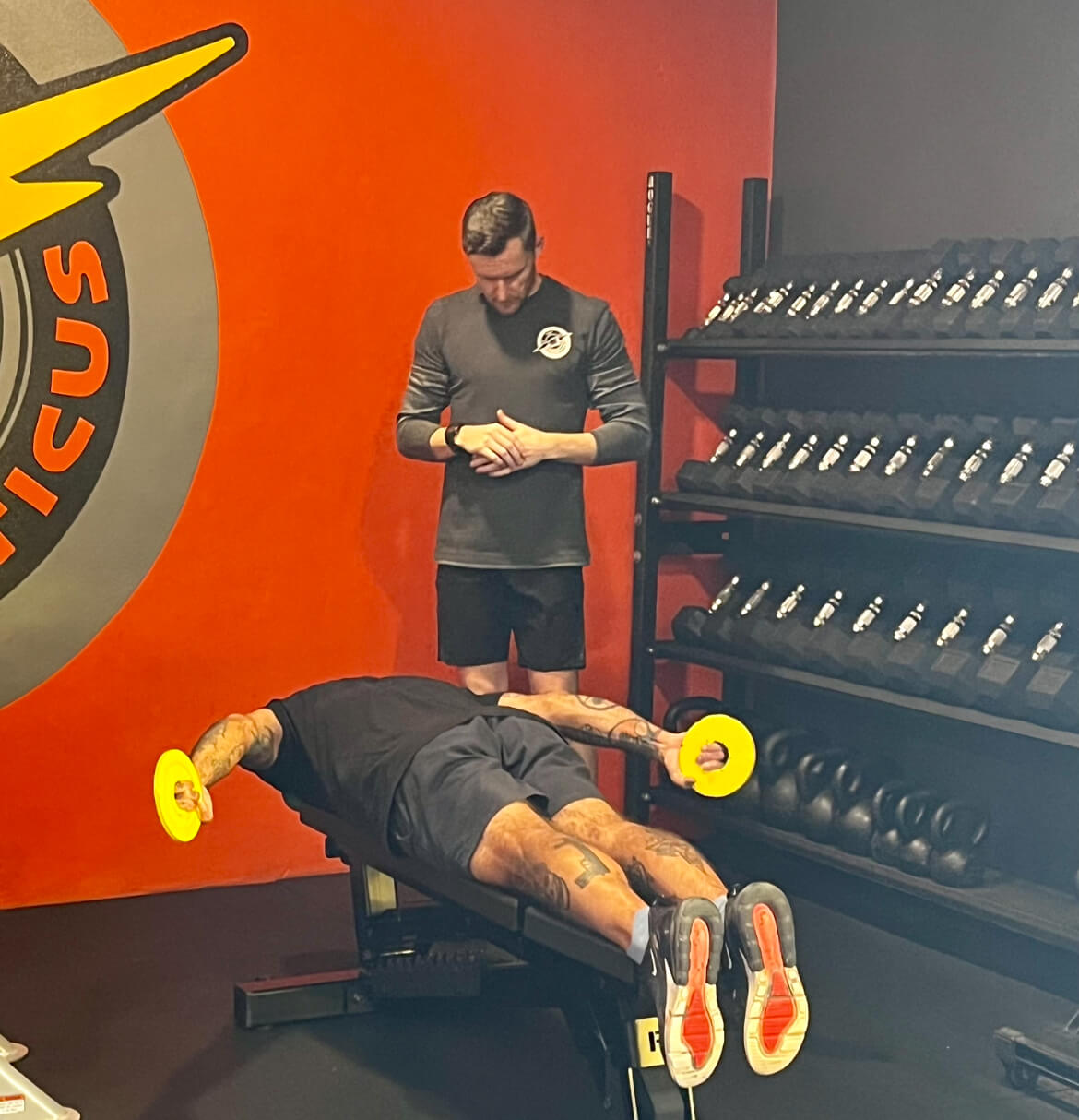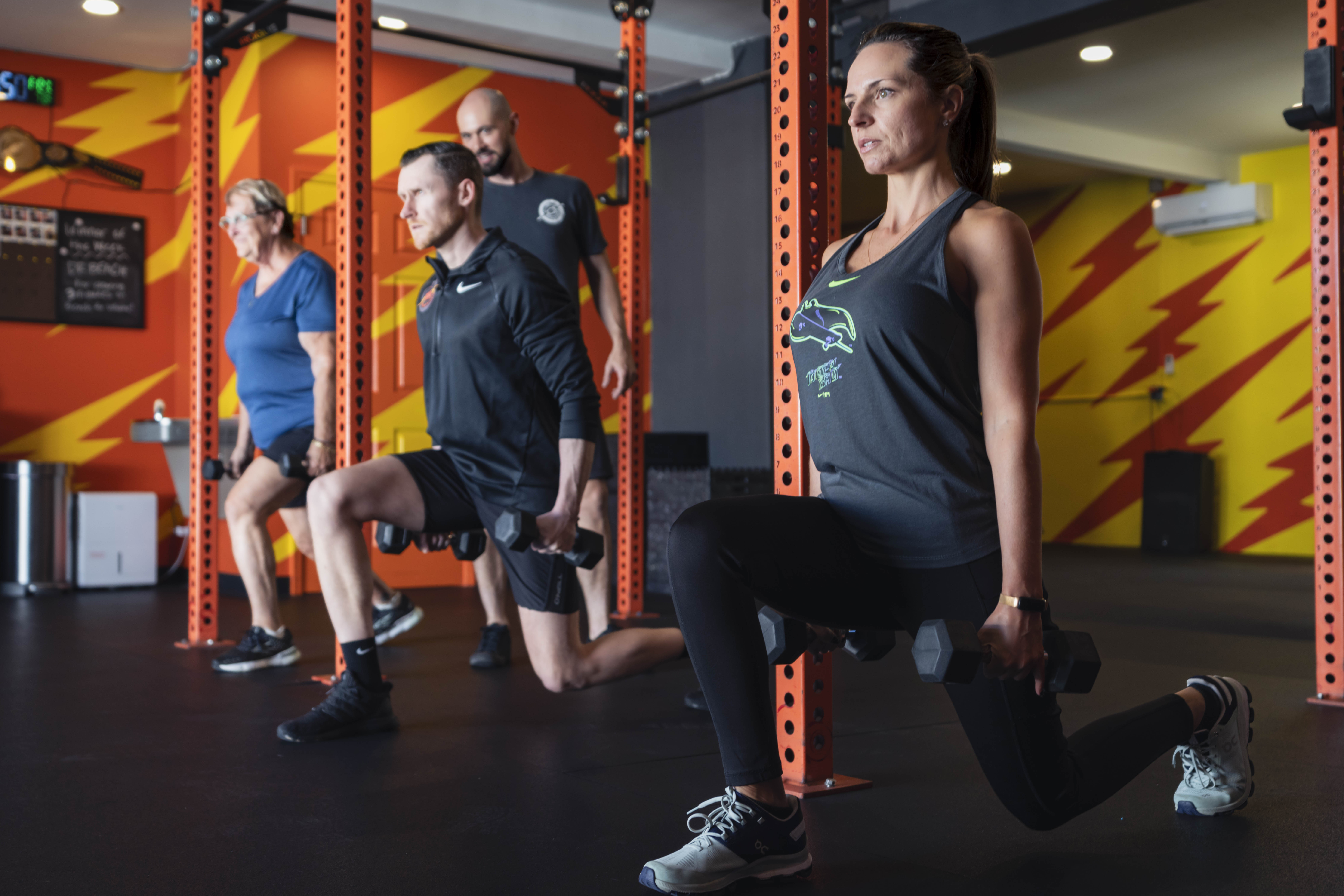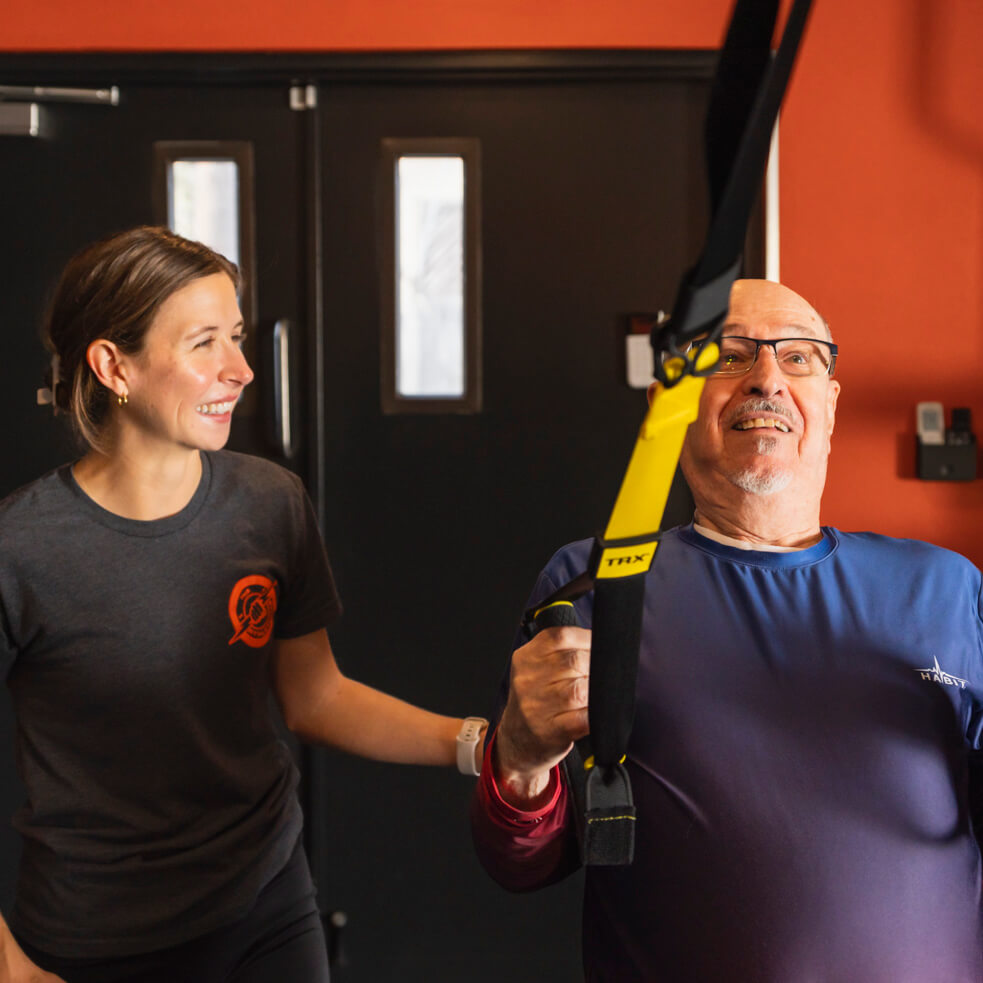Growth of the Recovery movement for fitness, strength and weight loss
Within recent decades, recovery and rest have been a topic of discussion by almost everyone. From athletes understanding they need physical and mental recovery from sport, to parents of newborn babies, how we spend our time directly reflects our productivity and well-being. Although rest and recovery are individually subjective, there is no doubt that objectively our bodies keep the score for how we spend our time. Lack of intentional rest and recovery leads to an impaired immune system, higher blood sugar levels, high blood pressure, delayed tissue repair, impaired brain function, and increased risk of injury. Your risk of developing a chronic disease is significantly higher when under chronic stress.
According to the CDC in 2023, 12.5% of adults over 18 reported feelings of anxiety while 5% of adults reported feelings of depression. 57.2 million office visits took place in 2019 with the chief complaint being related to a mental disorder, while 5.8 million Americans were treated in the emergency department for mental health disorders. Your outlook and the actions you take throughout your day determines your quality of life.
Although we may not be able to change the demands placed on us due to our jobs or living situations, we can change how we spend our time so that we are better able to adapt to stressful or unpleasant situations. “Leisure activities play a very important role in subjective well-being because they provide opportunities to meet life values and needs…enabling people to build social relationships, feel positive emotions, acquire additional skills and knowledge, and therefore improve one’s quality of life.”
A 2016 study by Goodman et al identified that how we structure our time and the activities we select to fill our time with significantly correlate to our overall mental and physical health outcomes. “Leisure activities were found to serve as distractions from everyday worries and to provide daily structure, while exercise, in particular, was noted to increase structured routines.”
In order to improve your overall quality of life, start by building in small activities rather than opting for a total change in routine. During your workday, dedicate five minute breaks every hour or two-hours that include either leisure walk throughout your home or office, close down your screens and practice a breathing exercise or body scan meditation, or even perform some gentle stretches, focusing on opening up the chest and extending the back. Outside of your work day, dedicate time to practicing mindfulness, moving your body, and engaging in an activity that gives you a purpose, whether this is gardening, volunteering, listening to or playing music, or even spending time with loved ones. These activities can be as little as three to five minutes or they can last for longer durations. Lastly, bedtime routines and improved sleeping habits such as limiting screen time, cooler temperatures, and warm showers are strategies that can be implemented for improved rest. The idea is to create a balance between the demands of everyday life while savoring moments of pleasure.
Brajša-Žganec, A., Merkaš, M. & Šverko, I. Quality of Life and Leisure Activities: How do Leisure Activities Contribute to Subjective Well-Being?. Soc Indic Res 102, 81–91 (2011). https://doi.org/10.1007/s11205-010-9724-2
Centers for Disease Control and Prevention. (2024, September 4). FastStats – Mental Health. Centers for Disease Control and Prevention. https://www.cdc.gov/nchs/fastats/mental-health.htm
Eccles, D. W., Balk, Y., Gretton, T. W., & Harris, N. (2020). “The forgotten session”: Advancing research and practice concerning the psychology of rest in athletes. Journal of Applied Sport Psychology, 34(1), 3–24. https://doi.org/10.1080/10413200.2020.1756526
Goodman, W. K., Geiger, A. M., & Wolf, J. M. (2017, January). Leisure activities are linked to mental health benefits by providing time structure: Comparing employed, unemployed and Homemakers. Journal of epidemiology and community health. https://www.ncbi.nlm.nih.gov/pmc/articles/PMC5643199/
Mariotti, A. (2015, November 1). The effects of chronic stress on Health: New Insights Into the molecular mechanisms of brain-body communication. Future science OA. https://www.ncbi.nlm.nih.gov/pmc/articles/PMC5137920/
Sussex Publishers. (n.d.). The relationship between stress and chronic illnesses. Psychology Today. https://www.psychologytoday.com/us/blog/becoming-resilient/202112/the-relationship-between-stress-and-chronic-illnesses#:~:text=The%20longer%20a%20person%E2%80%99s%20stress%20response%20remains%20activated%2C,issues%2C%20as%20well%20as%20fatigue%2C%20hypertension%2C%20and%20diabetes.
U.S. Department of Health and Human Services. (n.d.). What are sleep deprivation and deficiency?. National Heart Lung and Blood Institute. https://www.nhlbi.nih.gov/health/sleep-deprivation#:~:text=Sleep%20deficiency%20is%20linked%20to%20many%20chronic,of%20injury%20in%20adults%2C%20teens%2C%20and%20children.
- The Link Between Rest and Mental Health: How downtime contributes to emotional regulation, reduces stress, and prevents burnout, ultimately supporting long-term mental health.
- Practical Applications: Strategies for integrating meaningful rest into daily routines, including tips for creating work environments that promote healthy rest habits.
- The goal is to provide readers with a scientifically grounded understanding of why rest is not just a luxury, but a necessity for sustained productivity
Quality of life is defined as “the degree to which an individual is healthy, comfortable, and able to participate in or enjoy life events.” Although this is a subjective measure, one’s quality of life, or QOL, is an in-demand topic, particularly due to our societal evolvement, including remote work, increased job demands, living expenses, 24-7 access, and life post a pandemic.




